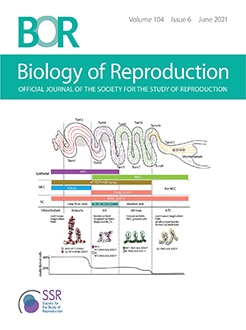Polycystic ovary syndrome (PCOS) is one of the most frequent endocrinopathies, affecting 5–10% of women of reproductive age, and is characterized by the presence of ovarian cysts, oligo, or anovulation, and clinical or biochemical hyperandrogenism. Metabolic abnormalities such as hyperinsulinemia, insulin resistance, cardiovascular complications, dyslipidemia, and obesity are frequently present in PCOS women. Several key pathogenic pathways overlap between these metabolic abnormalities, notably chronic inflammation. The observation that this mechanism was shared led to the hypothesis that a chronic inflammatory state could contribute to the pathogenesis of PCOS. Moreover, while physiological inflammation is an essential feature of reproductive events such as ovulation, menstruation, implantation, and labor at term, the establishment of chronic inflammation may be a pivotal feature of the observed reproductive dysfunctions in PCOS women. Taken together, the present work aims to review the available evidence about inflammatory mediators and related mechanisms in women with PCOS, with an emphasis on reproductive function.
How to translate text using browser tools
19 March 2021
Inflammation and reproductive function in women with polycystic ovary syndrome
Leandro M. Velez,
Marcus Seldin,
Alicia B. Motta
ACCESS THE FULL ARTICLE

Biology of Reproduction
Vol. 104 • No. 6
June 2021
Vol. 104 • No. 6
June 2021
infertility
Inflammation
ovary
PCOS
uterus




